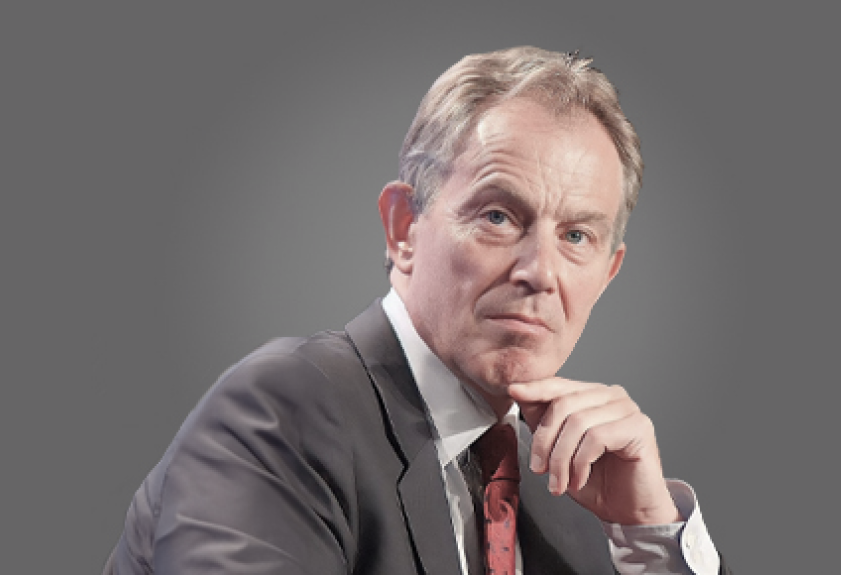The teaching of Arabic Language for both native and non-native speakers,
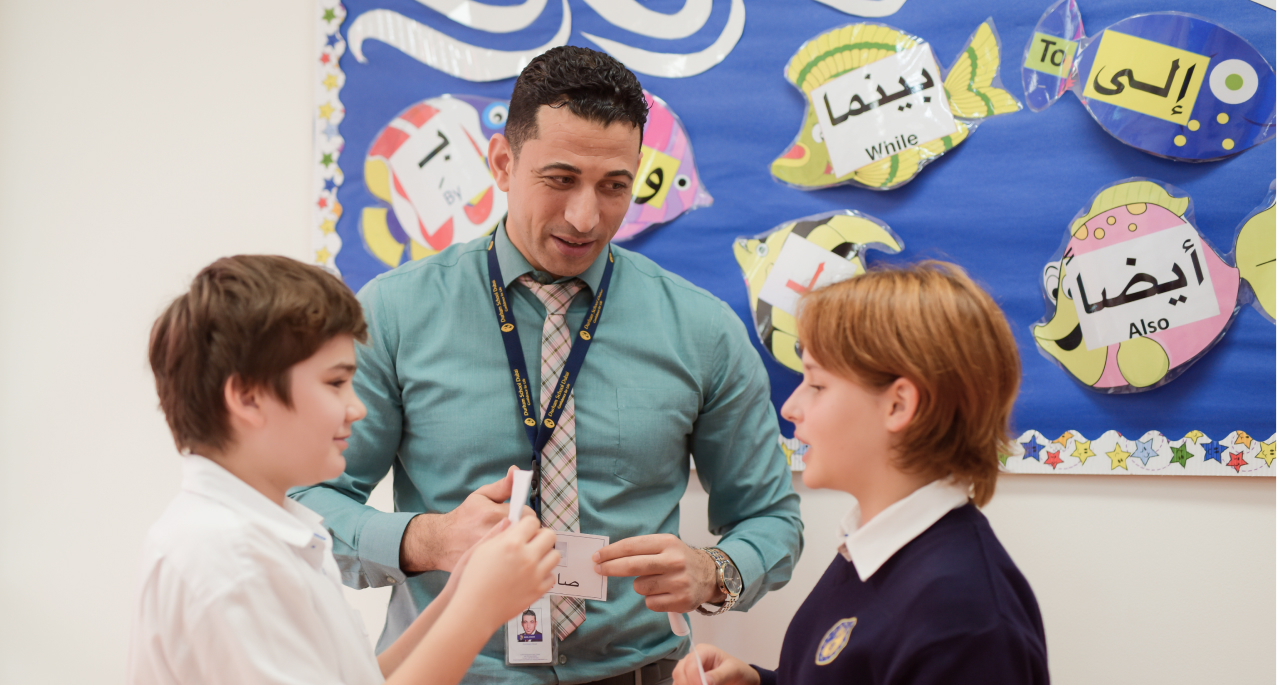

The teaching of Arabic Language for both native and non-native speakers,
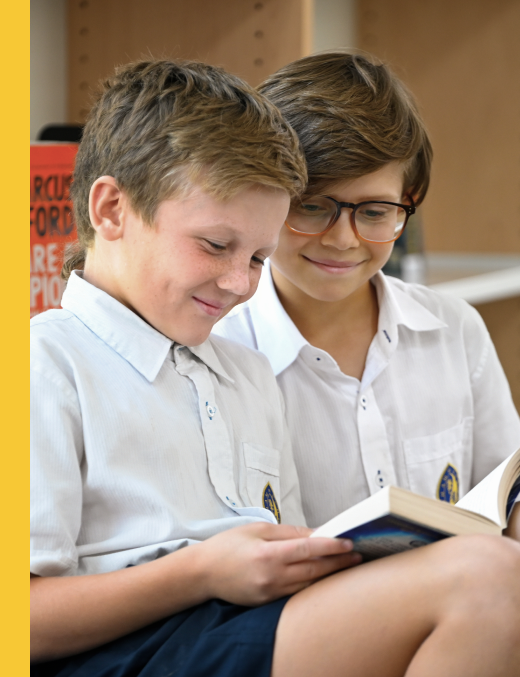

The teaching of Arabic Language for both native and non-native speakers, Islamic education for our Muslim pupils and Social Studies and Moral Education are all a part of our core curriculum.
These subjects will be taught as directed by the Ministry of Education and our pupils will follow the Ministry approved syllabus in each component. We believe high quality teaching results in the best learning outcomes for our pupils and we are determined that these subjects will be taught to the highest standards encouraging learning and enjoyment and a pride in Emirati roots and culture.
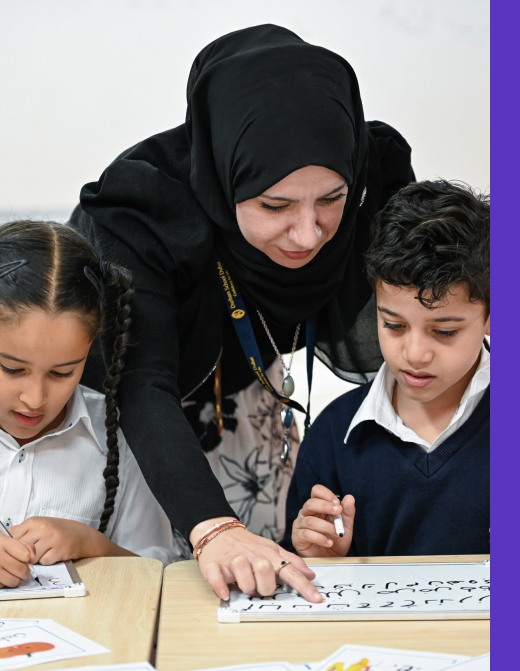
From a young age, or pupils develop their native language skills through Speaking, Listening, Reading, Writing, and Grammar. Pupils in the Primary School and KS3 will have specialist Arabic lessons four times in a week. The teaching of Arabic to non-native speakers is most important.
The curriculum teaches Arabic by implementing the best practices associated with the teaching of modern foreign Languages. Our pupils will learn Arabic through the development of four skills: Speaking, Listening, Reading and Writing. Our pupils in the Primary School and KS3 will attend specialist Arabic lessons four times in a week.

Quality Education
Since 1414
Convenient
Location
Experienced
Teachers
Excellent
Facilities
Competitive
Fees
Our Muslim pupils in Primary School and KS3 will attend specialist Islamic Education lessons twice a week. The curriculum provides helps the pupils to develop their understanding of their religion, values and beliefs.
In Social Studies, the pupils will follow the MOE Curriculum. They will learn about their culture, national identity and UAE citizenship helping them develop a sense of belonging and pride in their country and heritage.
The Moral Education Curriculum is divided into four core areas:
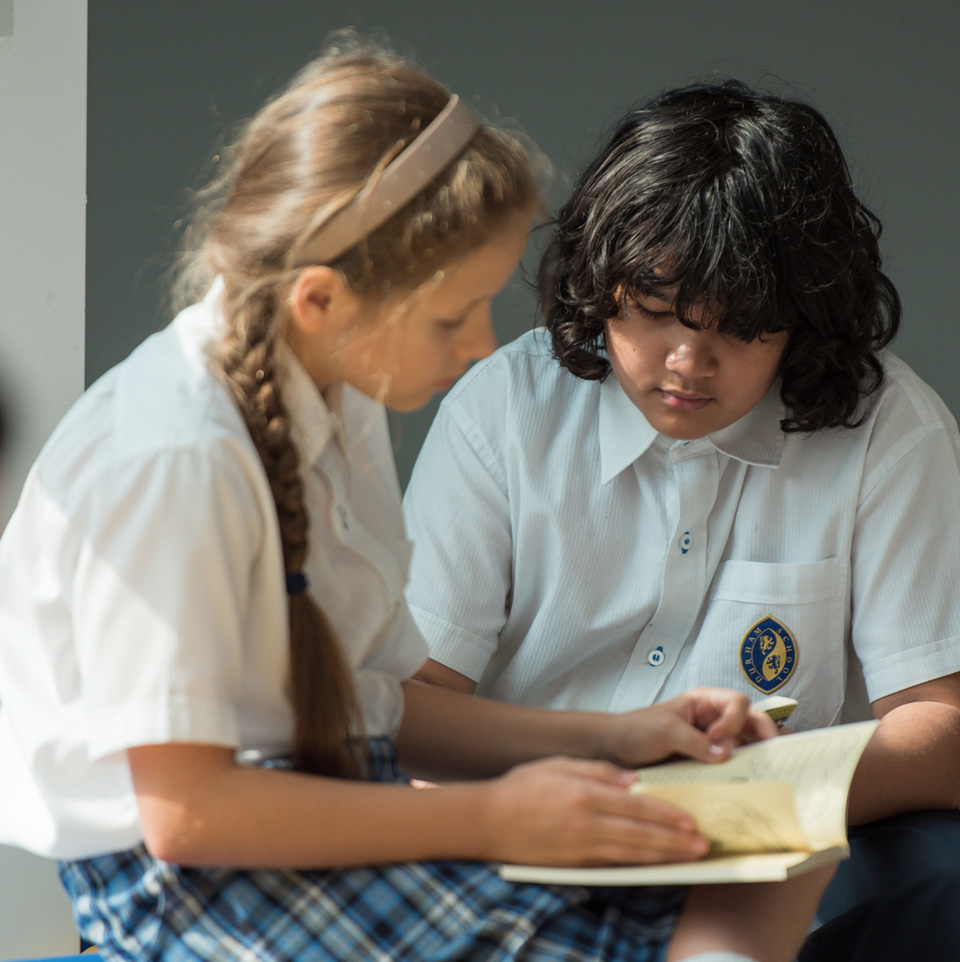
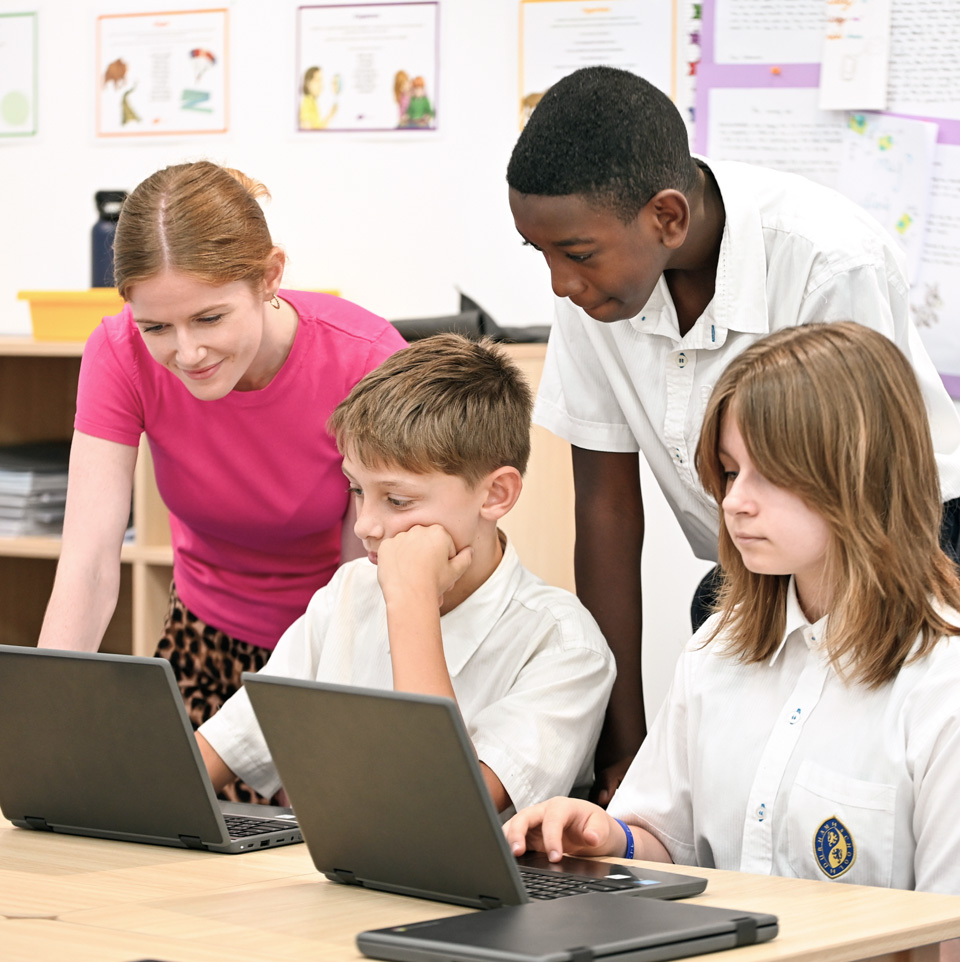
Our Muslim pupils in Primary School and KS3 will attend specialist Islamic Education lessons twice a week. The curriculum provides helps the pupils to develop their understanding of their religion, values and beliefs.
In Social Studies, the pupils will follow the MOE Curriculum. They will learn about their culture, national identity and UAE citizenship helping them develop a sense of belonging and pride in their country and heritage.
The Moral Education Curriculum is divided into four core areas:
The Moral Education Curriculum is divided into four core areas:
Academic ambition for all pupils underpins life at Durham with individual attention supporting all learners.
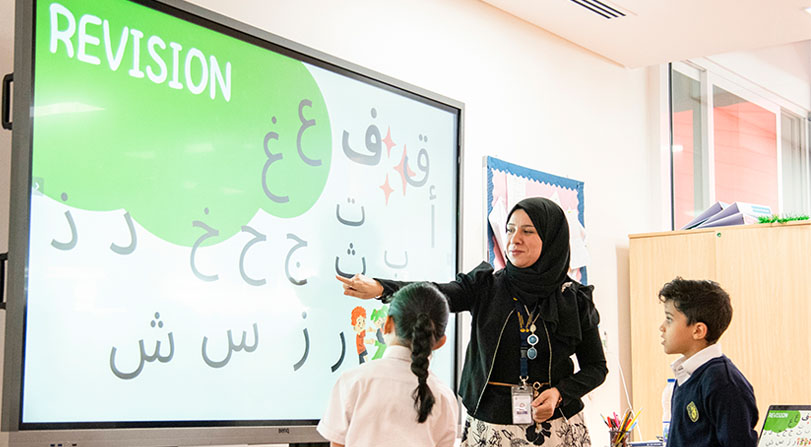
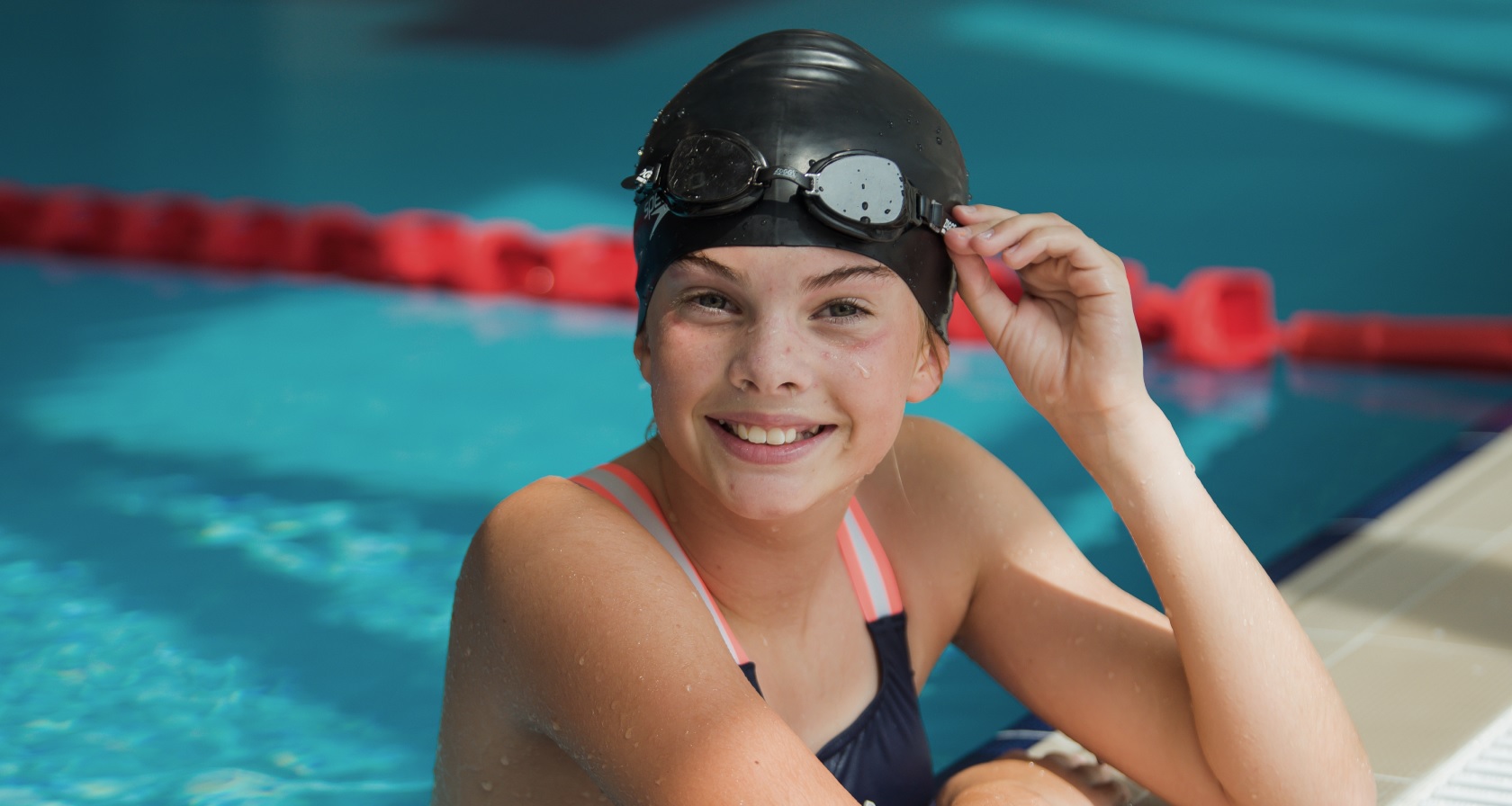
Opportunities in sport, music, drama and the arts supported by an extensive co-curricular programme ensure that talent is identified and nurtured.
Academic ambition for all pupils underpins life at Durham with individual attention supporting all learners.


Opportunities in sport, music, drama and the arts supported by an extensive co-curricular programme ensure that talent is identified and nurtured.
